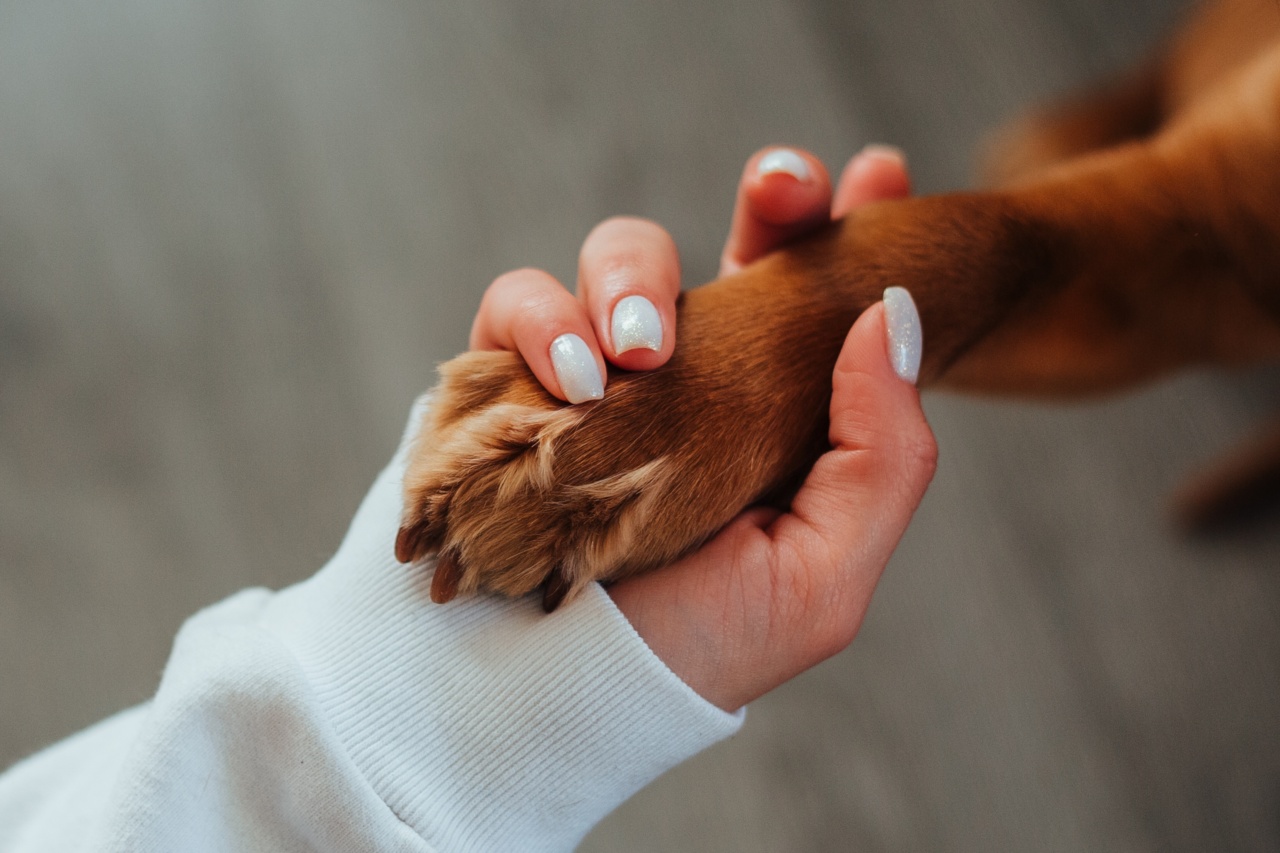Training your dog is crucial for a harmonious and well-behaved furry friend. While teaching your dog new tricks and commands can be an exciting and rewarding experience, there are certain mistakes that dog owners often make during the training process.
These mistakes can hinder the effectiveness of the training and even result in behavioral issues. In this article, we will discuss some common mistakes to avoid and provide you with valuable tips to train your dog the right way.
1. Inconsistency in training
Consistency is key when it comes to dog training. Dogs learn through repetition, and if you are inconsistent with your commands or rules, your dog may become confused and have difficulty understanding what is expected of them.
It is important to establish a routine and use the same commands consistently.
2. Using punishment-based training methods
Punishment-based training methods may seem like a quick fix, but they can actually be harmful to your dog’s overall well-being. Using fear or physical punishment can lead to anxiety, aggression, and other behavioral issues.
Instead, focus on positive reinforcement techniques that reward your dog for good behavior.
3. Neglecting socialization
Socialization is a crucial aspect of dog training, especially during their early puppyhood. By exposing your dog to various environments, animals, and people, you can help them become comfortable and well-adjusted in different situations.
Neglecting socialization can result in fear or aggression towards strangers, other dogs, or new environments.
4. Overlooking mental stimulation
Physical exercise is important, but mental stimulation is equally vital for a well-trained dog. Boredom can lead to destructive behavior, excessive barking, or hyperactivity.
Engage your dog’s mind by incorporating puzzle toys, obedience training, and interactive games into their routine.
5. Overindulging in treats
Treats are a valuable tool for positive reinforcement during training. However, overindulging in treats can lead to weight gain and an over-reliance on them.
Use treats sparingly and gradually reduce their frequency as your dog becomes more proficient in their training.
6. Lack of patience
Training a dog requires patience, as each dog learns at their own pace. It is important to remain calm and composed while training, even if your dog is not catching on as quickly as you had hoped.
Rushing or becoming frustrated can hinder your dog’s progress and create a negative association with training.
7. Ignoring their individuality
Every dog is unique, and they may respond differently to various training methods. It is essential to recognize and adapt to your dog’s individual needs and temperament.
What works for one dog may not work for another, so be flexible and willing to try different approaches.
8. Inadequate reinforcement
Consistent reinforcement is crucial for successful training. Once your dog has learned a new command or behavior, it is important to regularly reinforce it to ensure it becomes a long-term habit.
Gradually reduce the frequency of treats but continue to praise and reward your dog for good behavior.
9. Skipping basic obedience training
Basic obedience training provides a foundation for more advanced commands and behaviors. Skipping this crucial step can result in an unruly and poorly behaved dog.
Focus on teaching your dog basic commands such as sit, stay, come, and heel before moving on to more complex training goals.
10. Neglecting ongoing training
Training your dog is not a one-time event but rather an ongoing process. Dogs thrive on routine and consistency, so incorporating training sessions into their daily routine is essential.
Continuing to reinforce and build upon their training regularly will help ensure that your dog remains well-behaved throughout their life.





























